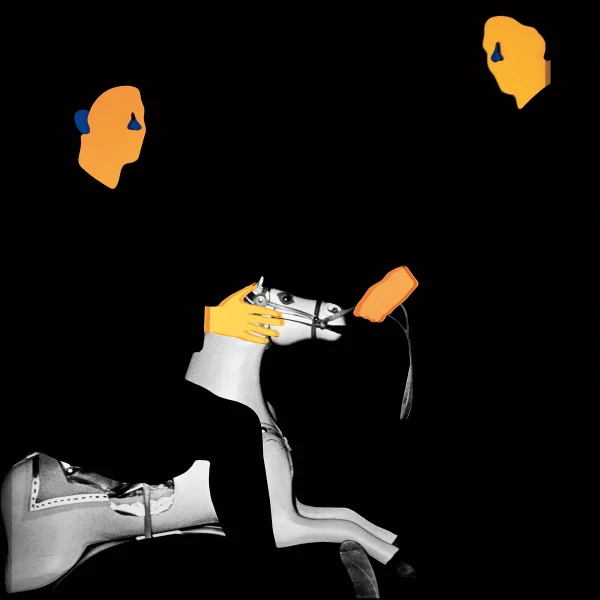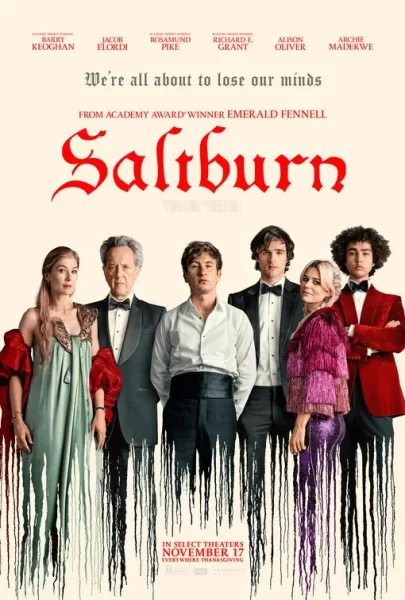The Dangers of Overturning Roe v. Wade
May 23, 2022
On Monday, May 2, an initial draft of the Supreme Court’s majority opinion in Dobbs v. Jackson Women’s Health Organization was leaked, which would strike down the landmark Roe v. Wade decision. This decision would give states the authority to create their own laws regarding abortion, which has already resulted in thirteen states passing “trigger laws” that would effectively ban abortions after Roe v. Wade is overturned.
The Supreme Court’s decision to overturn Roe v. Wade would have devastating effects on the rights of Americans. According to the World Health Organization, “inaccessibility of quality abortion care risks violating a range of human rights”, such as “the right to life; the right to the highest attainable standard of physical and mental health; the right to benefit from scientific progress and its realization; the right to decide freely and responsibly on the number, spacing and timing of children; and the right to be free from torture, cruel, inhuman and degrading treatment and punishment.”
Banning abortions won’t stop people from having abortions, though. It only stops people from having safe abortions. According to the World Health Organization, “evidence shows that restricting access to abortions does not reduce the number of abortions”, but does affect whether the abortions people attain are “safe and dignified.” By giving states the authority to ban abortions, the Supreme Court’s decision puts people around the country in danger of having unsafe abortions. According to the World Health Organization, 4.7-13.2% of maternal deaths each year can be attributed to unsafe abortion. The Supreme Court’s decision to overturn Roe v. Wade would only increase this number.
In addition to increasing the number of unsafe abortions, restricting or banning abortion can “cause distress and stigma”, impose financial burdens on people who may need abortions, and risk violating human rights, such as the right to privacy and the right to non-discrimination, according to the World Health Organization. By restricting the right to privacy, the Supreme Court’s decision to overturn Roe v. Wade would have devastating consequences even in areas unrelated to abortion. This decision could lead to overturning other cases that have expanded the right to privacy, such as Griswold v. Connecticut, which protected the right of married couples to buy and use contraceptives, and Lawrence v. Texas, which legalized same-sex sexual activity across the country.









